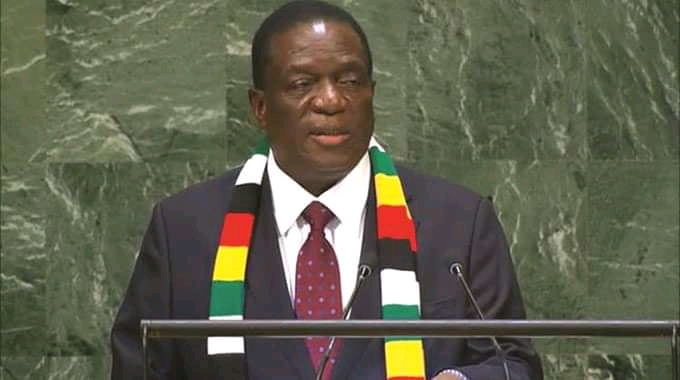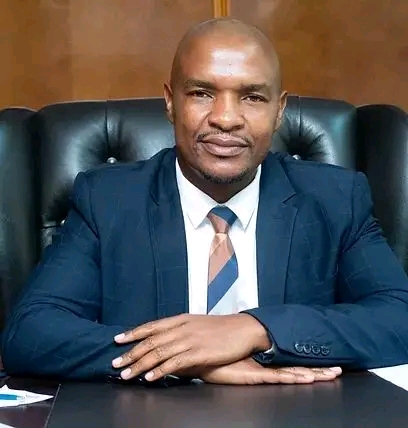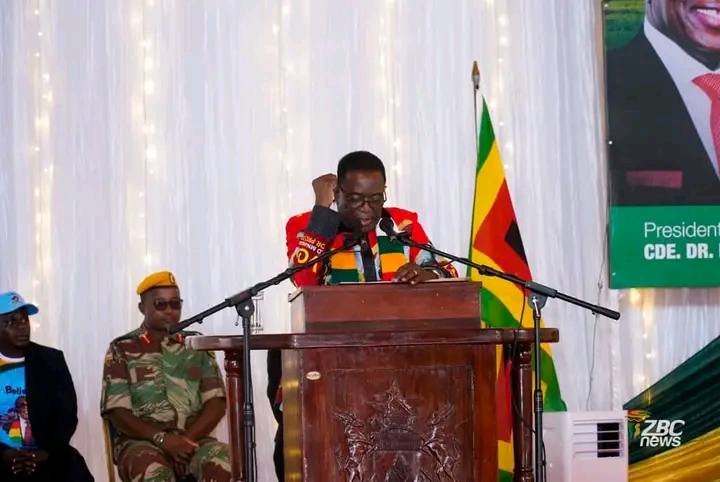President Emmerson Mnangagwa
By Dickson Bandera
It was in 1983 when Zimbabwe Parliament enacted the Small to Medium Enterprises Act in an effort to promote and develop small businesses in both the formal and informal sector.
At that time, the country had just attained independence from the British colonial rule and top priority was the empowerment of the once-marginalized citizens.
A host of target developments followed, with the SME Advisory Council and the Small and Medium Enterprises Development Corporation (SMEDCO) being formed in the same year to establish and guide the development of the sector. These institutions offered business support to set up and nurture the new business entities.
Indeed growth of the sector was witnessed as the number of new businesses increased continually.
Fast track to 2023, SMEs represent 90% of all businesses in Zimbabwe, generating around 60% of Gross Domestic Product and more than 50% of employment. The importance of this sector extends beyond economic contribution as it provides livelihoods to the most vulnerable segments of the workforce; women and the youth.
While these successes are refreshing, the competitiveness and potential of SMEs is hamstrung by a host of challenges, among them market and supply related challenges, lack of access to finance, lack of digital, financial and entrepreneural skills, an uneven playing field and corruption.
A variety of policies to address these challenges have come and continue to come as challenges are identified and targeted for remedy.
Yesterday, government launched the Electronic Government Procurement System, amid hopes that previously maginalised SMEs will stand a good chance to diversify their supply base and compete in the public procurement processs
The electronic Government Procurement System is one such innovation which introduces a digital approach to address the bottlenecks that businesses, including SMEs encountered with regards to supplying to government. The system has worked effectively in India, Botswana and Mauritius.
This development is in line with the Smart Zimbabwe 2030 Master Plan which envisions a highly digitalized paperless economy by 2030.
President Emmerson Mnangagwa, whose visionary leadership has set Zimbabwe on the economic recovery path, officiated at the launch of the eGP System, where he got a chance to interact with other senior government officials, diplomats, captains of industry, procurement managers, SMEs, among others.
In his speech, the president underscored the need to accommodate the SMEs, youth and women in the business matrix.
“It is my expectation that through the use of the system, previously marginalised institutions such as Micro, Small and Medium Enterprises, women and the
youth will begin to play a more significant role in the procurement process, irrespective of their geographical location,” said the president.
“This electronic Government Procurement System uses Information and Communication Technologies (ICTs) to
enable a more efficient and transparent exchange of information, interactions as well as transactions between government and suppliers of goods and services.
“Furthermore, it will improve financial accountability and transparency in procurement procedures, bring inclusivity by reaching remote areas, shorten the
procurement cycle times as well as develop a common database,” said the president.
He challenged the users of the system to maintain up to date records to enable necessary assessments to keep the system effective.
Said the president: “I urge users of the system to ensure that there is a constant electronic trail of procurement data towards facilitating the monitoring, reporting, planning and ‘realtime’ decision-making in public procurement.
On corruption, which has dealt a blow in the national developmental agenda, the president said the new system will also help the country thwart the vice by minimising human interactions, given the rampant corruption in the current tender system.
“While procurement issues tend to attract corrupt activities in the economy, such malpractices have no space in my Government. The electronic Government
Procurement System should therefore minimise human interface and assist in dealing with corruption issues associated with the procurement sector. Interactions in the system would be auditable and verifiable.
“The chicanery and shadowy award of contracts associated with our public tender processes must be put to an end. The cases related to irregular payments, poor corporate governance, opaqueness in the award of contracts, favouritism and diversion of funds, among others will not be condoned.
“I, thus, challenge the procurement officials to be men and women of integrity. Similarly, priority must be given to locally available products, services and solutions, in line with our Local Content Strategy and in support of the innovations coming out of our Innovation Hubs,” he added.
He also reiterated that procurement was directly connected to the national vision hence positives in the procurement system will impact positively on the overall national success.
“Let me reiterate that, the success of public procurement is essentially the success of Government as a whole. If public procurement succeeds, the attainment of our national development priorities and Vision 2030 will be accelerated.
“I , therefore, exhort the Procurement Regulatory Authority of Zimbabwe to uphold its mission of transparency, fairness, honesty, cost-effectiveness and competitiveness in regulating public procurement and disposal of public assets,” he reiterated.
The government recognizes the transformative power of digital technologies for economic prosperity.


